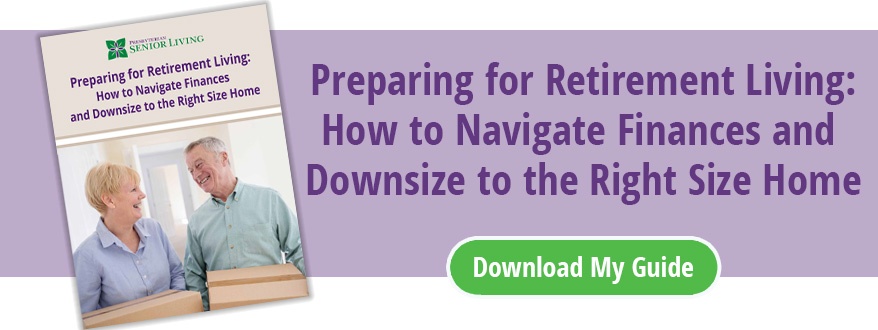When someone says the word “aging,” a number of images come to mind. These images are influenced by a variety of factors including a person’s age, life experiences, and cultural background.
Unfortunately, for many, the connotation of aging remains quite negative. Cognitive and physical decline, isolation, loneliness and financial instability are a few of the commonly perceived byproducts of aging. Such perceptions are, to a large degree, a result of “ageism.”
Ageism refers to:
- stereotypes (how we think),
- prejudice (how we feel) and
- discrimination (how we act) directed towards others or oneself based on age.
Ageism is a worldwide phenomenon. So much so that the World Health Organization summarized its findings in 2021 with the publication of a “Global Report on Ageism.” This report characterized three distinct types of ageism:
- “Interpersonal ageism” occurs during interactions between two or more people. It may take the form of disrespecting, patronizing or ignoring older adults; using an overly accommodating tone and simple vocabulary and sentence structure when interacting with older adults (so-called elder speak). Such interpersonal ageism generally implies incompetence and lack of capacity.
- “Self-directed” occurs when individuals internalize age-based biases from the surrounding culture and apply these biases to themselves. Examples include patients who fail to report to their doctors new symptoms such as incontinence or confusion because of the belief that it’s normal aging.
- “Institutional” refers to laws, rules, social norms, policies and practices of institutions that unfairly restrict opportunities and systematically disadvantage individuals on the basis of age. Examples include policies in the health sector that allow care to be rationed by age or discriminatory hiring practices or mandatory retirement ages in the labor sector.

A systematic review in 2020 reported that in 85% of 149 studies, age determined who received certain medical procedures or treatments. Other studies have documented how older adults are systematically excluded from clinical trials, despite diseases being studied that are prevalent in old age. The consequence is that the results of many medication trials do not include enough older adults and thus results of such studies may or may not apply equally to the elderly.
While ageism is prevalent and significant, understanding how it influences interactions with others is key to countering some of the negative effects of ageistic practices.
Whether dealing with friends, family or healthcare providers, people need to advocate strongly for themselves based on fact and not perception. Assumptions based solely on chronologic age are, more often than not, fraught with error. Understanding ageism and dealing with it head-on does not mean we are denying the inevitable declines associated with aging. How to put such decline in the proper perspective and, ultimately, how to age successfully, will be the focus of future commentaries.
Source: https://www.who.int/publications/i/item/9789240016866
